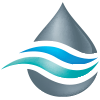| Sustainable Development Goals |
Support for the Sustainability NetworkGRI 2-28
PTT recognizes that driving Thailand toward economic resilience, ensuring the well-being and security of its citizens, and achieving long-term, balanced sustainability across all dimensions requires robust and continuous collaboration from all sectors, both domestically and internationally. To this end, PTT prioritizes enhancing its engagement with sustainability networks and partners, both within and outside the PTT Group. This includes working with organizations, trade associations, institutions, government entities, and non-profit organizations. PTT has consistently maintained this collaborative approach, grounded in its commitment to good corporate governance, risk management, compliance with laws, regulations, and corporate rules, anti-corruption, and adherence to good corporate governance principles and high business ethics. Decisions regarding support and cooperation with these partners and networks are made with a strong emphasis on transparency and accountability.
Position and Approach to Supporting the Sustainability Network
PTT has clearly defined its position in supporting and joining sustainability networks and partnerships, aiming to "Driving Thailand towards enduring low-carbon development. This commitment includes a proactive approach to addressing climate change promptly and supporting the organization's long-term goals of reducing greenhouse gas emissions. PTT aims to achieve interim Carbon Neutrality by 2040 and Net Zero Emissions by 2050, thereby contributing to efforts to limit global temperature rise to below 2 degrees Celsius." PTT’s approach to supporting sustainability networks and partnerships primarily involves paying membership fees, with no involvement in political lobbying or other external interests. PTT does not provide financial support or resources to political parties or individuals with political affiliations, other than fulfilling its tax obligations and payments to the government in accordance with good corporate governance principles, business ethics, and business codes of conduct.
PTT is committed to supporting sustainability networks and partnerships with the following key objectives:
- To develop and promote best practices in Sustainability, Human Rights, Safety, Security, Occupational Health, and Environment (SSHE) within the oil and gas industry and related sectors.
- To support business operations aligned with Thailand’s national policies, and contribute to achieving the Sustainable Development Goals (SDGs), specifically in creating a low-carbon society, and attaining carbon neutrality and net-zero greenhouse gas emissions, in line with PTT’s and Thailand’s commitments under the Paris Agreement.
Oversight of Support for Sustainability Networks
PTT has defined roles and responsibilities for overseeing its participation in sustainability networks as follows:
- Board Level: The Board provides guidance and approval for participation in sustainability network activities, including lobbying activities, based on reports submitted by the responsible department, in accordance with the annual regulatory framework.
- Management Level: Executive Vice President, Sustainability Strategy and Management Unit is responsible for screening and providing input on decisions related to participation, monitoring activities, and reviewing progress. Proposals are submitted to the Board or authorized executives for approval on an annual basis.
Process for Monitoring and Reviewing Alignment of Sustainability Network Activities with the Paris Agreement
PTT evaluates its participation in climate change lobbying activities and trade associations to determine whether they align with PTT's sustainability stance, Thailand’s NDC, and the Paris agreement. If an activity or trade association is found to have objectives or activities that do not align with PTT’s sustainability goals—such as achieving a low-carbon society and reaching net-zero greenhouse gas emissions in accordance with the Paris Agreement—PTT will reassess its involvement. In such cases, discussions will be held with the corresponding party to review and adjust operations within a specified timeline. If alignment cannot be achieved, PTT may terminate its involvement.Sustainability Network Support List
In 2024, PTT conducted a review of its network and partnership activities, both domestically and internationally, including organizations, trade associations, institutions, government bodies, and non-profit organizations. The review confirmed that all of these networks and partners continue to operate in alignment with PTT’s sustainability goals, particularly in the pursuit of a low-carbon society and the achievement of net-zero greenhouse gas emissions, as outlined in the Paris Agreement. The updated list is as follows:
Collaboration with national and international sustainability networks and partnersGRI 2-28
Network/ Partnership |
Level |
Objective of Network/ Partnership |
PTT’s Roles and key performance in 2024 |
|---|---|---|---|
Federation of Thai Industries (F.T.I.) |
National |
|
|
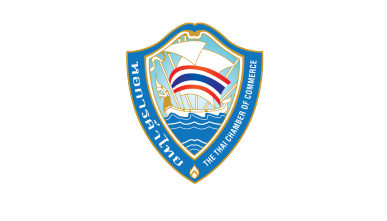 Thai Chamber of commerce Thai Chamber of commerce |
National |
|
|
 World Business Council for Sustainable Development (WBCSD) World Business Council for Sustainable Development (WBCSD) |
International |
|
|
Petroleum and Energy Institute of Thailand (PEIT) |
National |
|
|
.jpg) Thai Institute of Directors (IOD) Thai Institute of Directors (IOD) |
National |
|
|
|
|
National |
|
|
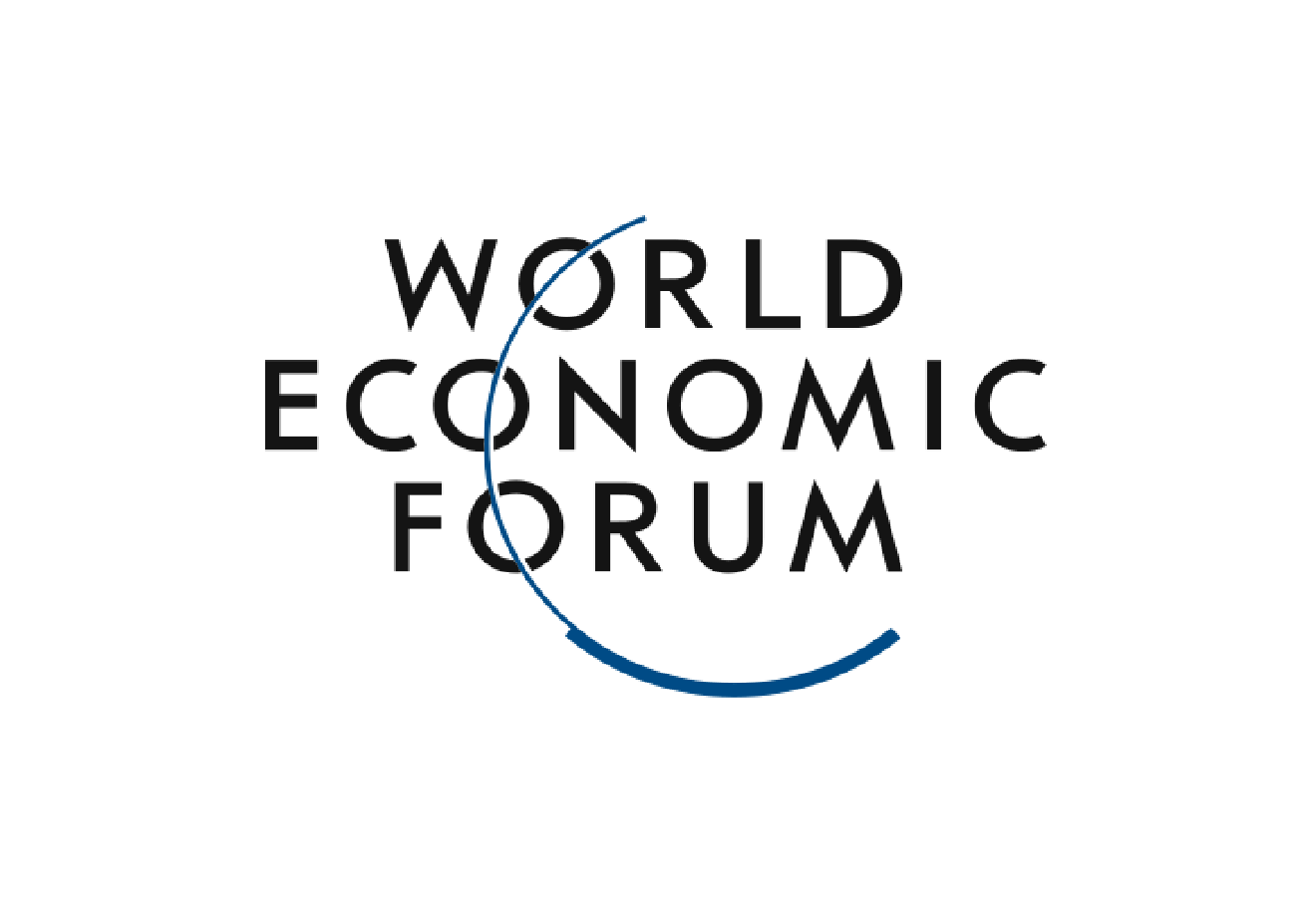 World Economic Forum (WEF) World Economic Forum (WEF) |
International |
|
|
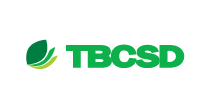 Thailand Business Council for Sustainable Development (TBCSD) and Thai Environmental Institute Thailand Business Council for Sustainable Development (TBCSD) and Thai Environmental Institute |
National |
|
|
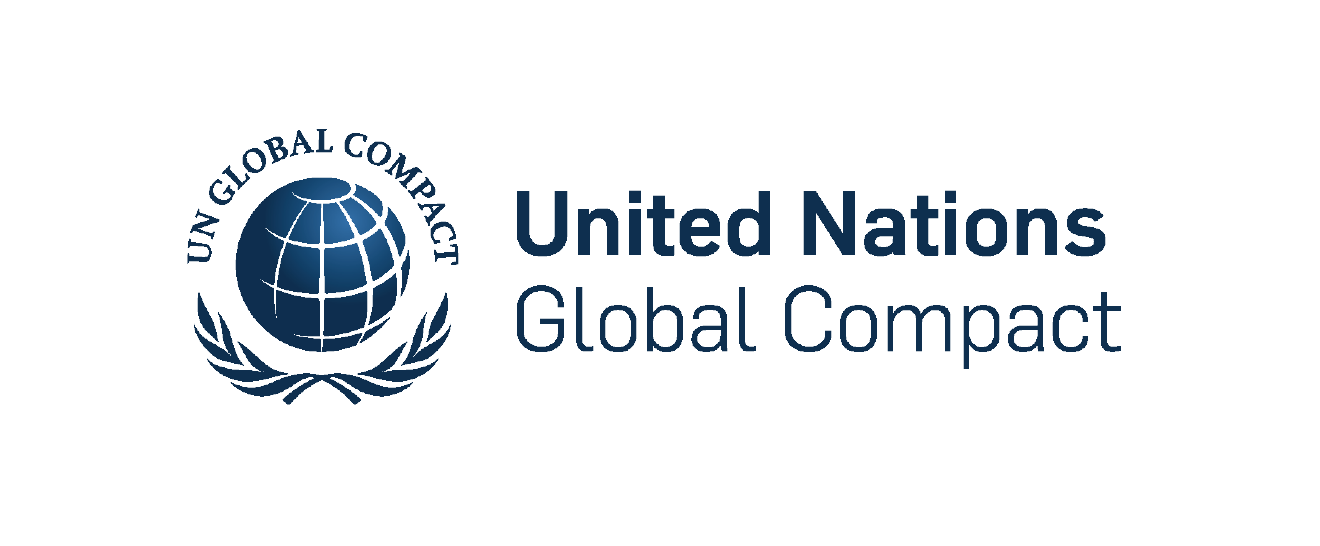 United Nations Global Compact (UNGC) United Nations Global Compact (UNGC) |
International |
|
|
|
|
|
|
|
|
|
|
|
|
|
|
|
|
|
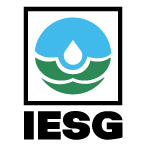
Oil Industry Environmental Safety Group Association |
National |
|
|
 Thailand Carbon Neutral Network (TCNN) Thailand Carbon Neutral Network (TCNN) |
National |
|
|
Membership Fees for Networks and Partners Joined by PTTGRI 2-28, GRI 415-1
In 2024, the top five memberships include the World Economic Forum (WEF), the Petroleum and Energy Institute of Thailand (PEIT), the World Business Council for Sustainable Development (WBCSD), the United Nations Global Compact (UNGC), and the Thai Institute of Directors (IOD).
| Organizations | Categories | Membership Fee / Political Sponsorship Fee (Baht) | |||
|---|---|---|---|---|---|
| 2021 | 2022 | 2023 | 2024 | ||
| Financial support related to lobbying and representation of interests | Contributions in Lobbying, interest representation or similar | 0 | 0 | 0 | 0 |
| Financial contributions to political campaigns at the local, regional, or national levels/ organizations/ candidates | Contributions in local, regional or national political campaigns/ organizations/ candidate | 0 | 0 | 0 | 0 |
| The Federation of Thai Industries (F.T.I.) | Trade Association | 359,520 | 363,520 | 342,400 | 350,960 |
| The Thai Chamber of Commerce | Trade Association | 24,610 | 24,610 | 24,610 | 24,610 |
| World Business Council for Sustainable Development (WBCSD) | Sustainability Networks/ Associations/ Institutes | 3,201,138 | 3,434,895 | 3,594,600 | 3,867,000 |
| Petroleum and Energy Institute of Thailand (PEIT) | Sustainability Networks/ Associations/ Institutes | 4,139,536 | 3,973,736 | 3,922,725 | 4,030,167 |
| Thai Institute of Directors (IOD) | Sustainability Networks/ Associations/ Institutes | 535,000 | 535,000 | 535,000 | 535,000 |
| The Thai Listed Companies Association (Thai LCA) | Sustainability Networks/ Associations/ Institutes | 26,750 | 26,750 | 26,750 | 26,750 |
| World Economic Forum (WEF) | Trade Association | 6,495,660 | 7,616,869 | 7,351,938 | 7,107,858 |
| Thailand Business Council for Sustainable Development (TBCSD) and the Thai Environmental Institute (TEI) | Sustainability Networks/ Associations/ Institutes | 500,000 | 250,000 | 250,000 | 250,000 |
| United Nations Global Compact (UNGC) | Sustainability Networks/ Associations/ Institutes | 595,046 | 653,798 | 1,050,000 | 1,050,000 |
| Thailand Renewable Energy (RE100) Association | Sustainability Networks/ Associations/ Institutes | - | 55,350 | 2,140 | 2,140 |
| Oil Spill Response Limited (OSRL) | Sustainability Networks/ Associations/ Institutes | 424,231 | 489,596 | 481,825 | 567,398 |
| Oil Industry Environmental Safety Group Association (IESG | Sustainability Networks/ Associations/ Institutes | 225,000 | 225,000 | 225,000 | 225,000 |
| International Oil Pollution Compensation Funds (IOPC Funds | Sustainability Networks/ Associations/ Institutes | 52,862 | 46,050 | 105,166 | 53,373 |
| - | Others (Not related to voting) | 0 | 0 | 0 | 0 |
| Total | 16,579,353 | 17,695,174 | 17,912,154 | 18,090,256 | |
Key Role in Driving Sustainability, Safety, and Environmental Excellence
Standard Setter and Best Practice Promoter: PTT actively works to develop and promote best practices in SSHE within the oil and gas industry and related sectors. This includes establishing guidelines embedded into operations and offering consultation to members of relevant organizations
Risk Mitigation and Preparedness: PTT plays a crucial role in mitigating risks associated with environmental incidents, particularly oil spills, by maintaining preparedness and supporting emergency response capabilities. They actively work to reduce the financial and environmental burden of such events.
Technology and Innovation Enabler: PTT supports the development and adoption of technologies and innovations for environmental protection, such as Predictive Emission Monitoring Systems (PEMS), and promotes environmentally friendly technologies more broadly.
Compliance and Awareness Driver: PTT helps its partners and the broader industry monitor and adapt to evolving environmental laws and policies, promoting adherence to standards through information sharing and training.
Operational Integration: SSHE principles are deeply embedded in PTT's operations, as evidenced by their commitment to good corporate governance, risk management, and compliance with laws and corporate rules.
Collaboration within the National Energy Sector NetworkGRI 2-28
PTT, in partnership with PTT Exploration and Production Public Company Limited (PTTEP), developed the voluntary greenhouse gas reduction methodology (Premium T-VER Methodology) for Carbon Capture and Storage (CCS) in geological formations beneath the earth's surface projects. A draft of this methodology was prepared and presented for discussion with the Department of Mineral Fuels, Ministry of Energy, and the Thailand Greenhouse Gas Management Organization (Public Organization) (TGO), to support Thailand's Long-Term Low Greenhouse Gas Emission Development Strategy (LT-LEDS). CCS is a crucial technology to help Thailand achieve its carbon neutrality and net-zero greenhouse gas emissions goals.
In 2024, as a key energy organization in Thailand, PTT also supported the work of government agencies such as the Department of Climate Change and Environmental Management and the Thailand Greenhouse Gas Management Organization (Public Organization) (TGO), as well as sustainability networks (the Carbon Neutral Thailand Network). PTT contributed to the Thailand Climate Action Conference (TCAC 2024), sharing knowledge and experiences to promote climate action. Additionally, PTT supported the organization of public-facing climate change activities aimed at fostering knowledge exchange, raising awareness, and disseminating information about climate action efforts to government bodies, local authorities, partners, the private sector, academic institutions, and the public, totaling 1,620,000 baht.
Key Role in Driving Government Policies: Development of the Eastern Economic Corridor of Innovation (EECi)
Through its involvement in various sustainability networks and collaborations with leading institutions and organizations, PTT has successfully spearheaded the creation of a collaborative network between both public and private sectors to develop the Eastern Economic Corridor of Innovation (EECi) in Wangchan Valley, Wangchan District, Rayong Province. This initiative aims to build a comprehensive innovation ecosystem, establishing the region as the country's premier center for advanced research and development. The project is designed to foster innovation with practical applications, in line with the vision of sustainable development, ultimately aiming for Wangchan Valley to become the Pride of Thailand. In support of this endeavor, PTT has received backing for the declaration of the Special Economic Zone (SEZ) and associated benefits from the Eastern Economic Corridor Policy Committee (EEC) and the Board of Investment of Thailand (BOI).
PTT has developed the project area by establishing modern infrastructure, public utilities, and facilities, all while preserving green spaces and prioritizing environmental sustainability. This has been achieved through collaboration with key partners as follows:
- Global Power Synergy Public Company Limited (GPSC) develops, designs, and manages solar power generation systems (Renewable Energy), while also efficiently planning and managing energy in the Wang Chan Valley area.
- WHA Utilities and Power Public Company Limited (WHAUP) operates wastewater treatment using cutting-edge technology with a focus on environmental sustainability. The treated wastewater is recycled for irrigation within the project, effectively serving users in the Wang Chan Valley area. Additionally, it can be used as a platform to showcase wastewater treatment technologies to interested parties in the future.
- Eastern Water Resources Development and Management Public Company Limited (East Water) is responsible for the production and supply of potable water within the project area.
In addition, in 2023, PTT was officially recognized as the top Smart City in Thailand across all 7 dimensions (Smart City) in the Smart City ranking by area, as announced by the Digital Economy Promotion Agency (depa). PTT has actively supported and promoted the development of an ecosystem to ensure the area meets the following objectives:
1. Establishing a National Center for Advanced Research and Innovation Development in collaboration with key partners:
- National Science and Technology Development Agency (NSTDA): The establishment of the EECi Headquarters aims to enhance the country's research and innovation capabilities across four critical areas:
- BIOPOLIS Project: Developing industries under the bioeconomy framework.
- ARIPOLIS Project: Advancing research and innovation in robotics, automation, and intelligent systems.
- SPACE INNOPOLIS Project: Focusing on the development of aerospace technologies, space technologies, and geoinformatics as a central hub and production base.
- FOOD INNOPOLIS Project: Advancing the food industry through science, technology, and innovation.
- Synchrotron Light Research Institute (SLRI): In 2026, SLRI plans to begin the construction of a new synchrotron light generator with an energy capacity of 3 GeV within the Wangchan Valley, scheduled to commence operations in 2034. This will become a leading synchrotron light research facility in the Asia-Pacific region, facilitating cutting-edge scientific research, and providing advanced analytical capabilities for atomic and molecular properties, with applications in medical, agricultural, industrial, and other fields.
2.1 The first-ever prototype area for drone research and development testing (Unmanned Aerial Vehicle (UAV) Regulatory Sandbox) in the country provides a testing ground for drones, including tests for drone taxis and beyond visual line of sight flights. This initiative is carried out in collaboration with key partners as follows:
- Civil Aviation Authority of Thailand (CAAT) is responsible for regulating, overseeing, and authorizing drone testing operations. CAAT collaborates in the development of the area as a research and development space for unmanned aerial vehicles (UAVs) under the "UAV Regulatory Sandbox," allowing drone flights for innovation research in the Wang Chan Valley area as a special case, fostering the development of new innovations.
- Defence Technology Institute (DTI) partners in the development of a prototype ecosystem and innovation hub to elevate the Wang Chan Valley project as a model city for unmanned aerial vehicle (UAV) innovation. This initiative supports educational purposes, research and development, testing, infrastructure, technology, and innovation, along with the development of personnel in UAVs and related innovations, aimed at advancing Thailand’s UAV industry.
- Aeronautical Radio of Thailand Co., Ltd. (AEROTHAI) has established a personnel and innovation development center within the Eastern Special Development Zone (AeroThai Metroplex) in the Wang Chan Valley area. The center serves as a venue for advanced training, the development of new knowledge, and the continuous training of aviation personnel. It also aims to develop products, processes, and systems for mission use and further industrial applications, alongside the advancement of integrated technology and innovation that is vital to enhancing the country's competitive edge.
- National Institute for Emergency Medicine (NIEM) collaborates on the development of a testing project for emergency medical helicopter operations. This project aims to strengthen the country’s health security by providing fair and universal access to emergency medical services with high-quality, internationally recognized standards. It also serves as a model for emergency medical services in the Eastern Special Development Zone.
- Department of Science Service (DSS) has established a Connected and Autonomous Vehicle (CAV Proving Ground) to research and develop future mobility technologies. This effort aims to advance the development of testing infrastructure for Thailand’s modern automotive industry in line with international standards. DSS also collaborates to develop Wang Chan Valley as a testing hub for connected and autonomous vehicles (CAV Sandbox), using the project's roads as a Semi-Public Road Proving Ground before extending tests to public roads outside the area.
- National Broadcasting and Telecommunications Commission (NBTC) has authorized PTT to coordinate a dedicated regulatory space for the use of special frequencies to develop and test innovations in the Wang Chan Valley area (Regulatory Sandbox).
- Advanced Info Service Public Company Limited (AIS), True Corporation Public Company Limited (TRUE), and Total Access Communication Public Company Limited (DTAC) support the “5G Playground” system to test innovations that require 5G networks, such as IoT devices and various smart industrial systems.
- Provincial Electricity Authority (PEA) has launched a joint ERC Sandbox project to efficiently manage the electricity system in the EECi area. This includes a pilot project to test the trading of clean energy between organizations via the PEA Trading Platform.
United Nations Global Compact (UNGC)
PTT has been a member of the United Nations Global Compact (UNGC) since 2012, committing to uphold the Ten Principles of the UNGC, which cover human rights, labor standards, environmental protection, and anti-corruption. As part of its membership, PTT submits an annual Communication on Progress (CoP), or sustainability report, to the UN Global Compact, transparently sharing its performance in sustainability.
The PTT Group ensures alignment in its sustainability management efforts by adopting PTT’s sustainability policy and standards to guide and monitor its operations in line with the Ten Principles of the UN Global Compact.
The Ten Principles of the UN Global Compact
Human Rights
Principle 1: Businesses should support and respect the protection of internationally proclaimed human rights.
Principle 2: make sure that they are not complicit in human rights abuses.
Labor
Principle 3: Businesses should uphold the freedom of association and the effective recognition of the right to collective bargaining.
Principle 4: the elimination of all forms of forced and compulsory labour.
Principle 5: the effective abolition of child labor.
Principle 6: the elimination of discrimination in respect of employment and occupation.
Environment
Principle 7: Businesses should support a precautionary approach to environmental challenges.
Principle 8: Undertake initiatives to promote greater environmental responsibility.
Principle 9: Encourage the development and diffusion of environmentally friendly technologies.
Anti-Corruption
Principle 10: Businesses should work against corruption in all its forms, including extortion and bribery.


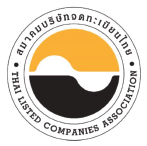 Thai Listed Companies Association
Thai Listed Companies Association Global Compact Network Thailand (GCNT)
Global Compact Network Thailand (GCNT)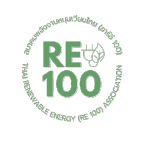 Thai Renewable Energy (RE100) association
Thai Renewable Energy (RE100) association